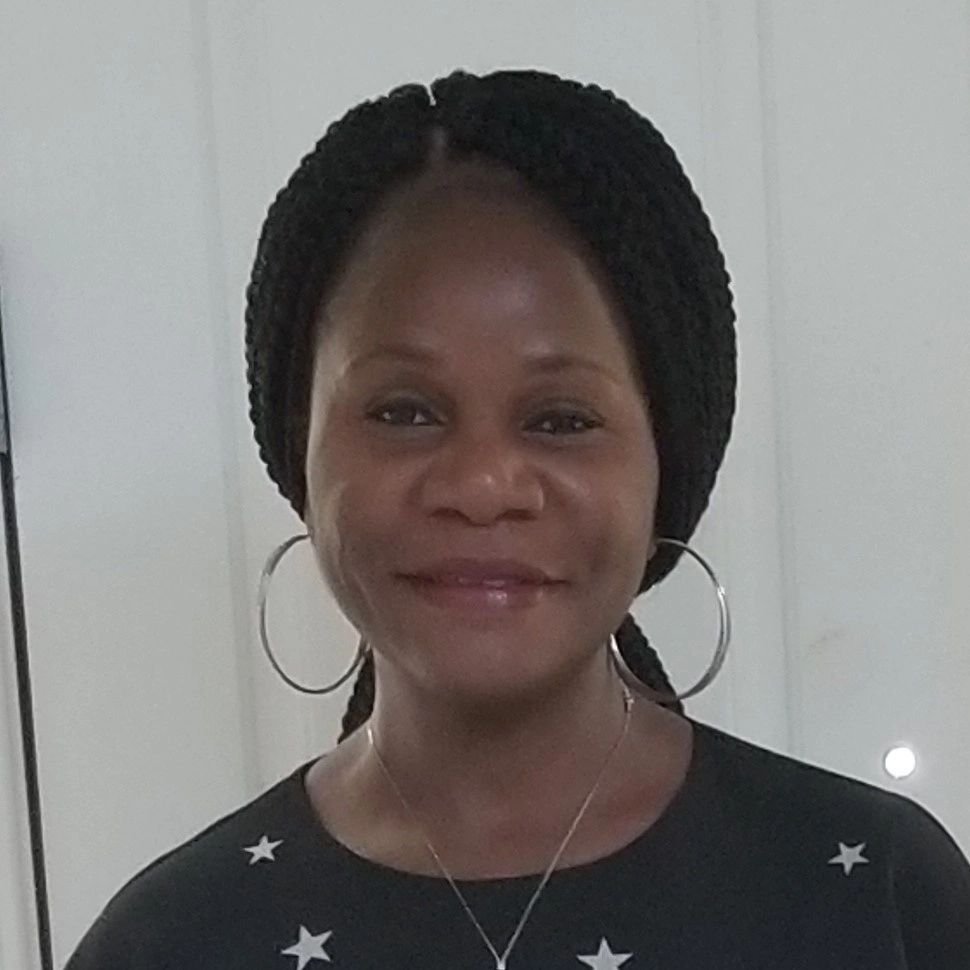Over time I am learning failing is also an integral part of learning to succeed. Just like no one is happy all the time, no one wins all the time. Acquiring the skills that empower one to handle a fall is critical. I personally have no close friends that haven't experienced tough failures, not because I envy the fact that they are going through life unscathed, but because I never really have much in common with such lucky folks. If you have been fortunate and have always been successful in life and relationships, a loss or failure might be shocking to your system so knowing how to handle it when it comes is terribly important.
Methodist minister, J. Wallace Hamilton said it well with this quote: "People are training for success when they should be training for failure. Failure is far more common than success; poverty is more prevalent than wealth; and disappointment more normal than arrival." Are we equipped to handle failure? Can we find the courage to view our failures and losses differently? Is it possible to begin to see them as a necessary part of the process? Failures and losses must always be seen as training exercises, a time for discovery, to strengthen our resilience and to garner experience. Disappointment must never be something we are afraid of or experiences to avoid. If fear and avoidance of risk is our heartbreak-aversion strategy, we will never learn. We will never grow. We will never be better. We will never change. In reality if we are not failing, it is highly doubtful that we are moving forward.
Failure and being able to cope with it in a healthy manner are what causes mankind to continue to stretch, to create and to innovate. Canadian-American motivational public speaker and self-development author, Brian Tracy said: "Failure is a prerequisite for great success. If you want to succeed faster, double your rate of failure." For all of us who want to live successful lives, it is imperative that we learn and train for failure because it is the only route to where we want to go. In reality, if we could just simply alter our lenses, we will eventually see every loss or failure as being accompanied by some form of gain, if only it is what to never do again. Life will forever be a mixture of wins and losses so it's important to know how to win with gratitude and humility and to lose with grace and dignity. So, how do we cope with failure and losses in a healthy manner?
One thing to avoid at all costs is throwing a tantrum if you lose. Adults ought not to be in the business of throwing tantrums. Tantrums are for kids. Adults are to have the understanding that failures are an intrinsic and vital part of success. Someone else got the job, our response should always be to keep growing. The promotion was given to someone we believe knows less than we do, then it’s a signal to double your efforts on personal and professional growth. We must hang in there with grace and gratitude. We must choose to persevere. We must avoid the temptation to blowup, blame others or dig our heels of denial in. These types of reactions, especially when public, is never a sign of good personal leadership. If it's over, then it's over. We must gather the courage to move on.
We have to continue to believe the right thing will happen for us at the right time provided we keep our eye on the end game, knowing that our time will come if we refuse to quit working on ourselves. There are some things we may give up, but never on ourselves. We always are our own greatest asset. The wrong perception of failure is what keeps us average and no one really seeks out mediocrity. How we see ourselves when things go wrong or we don’t win like we wanted to, is often the real issue and not necessarily the failure or loss in and of itself.
Remember, our failures don't have the power to defeat us. We have the power to defeat us. Failures and losses are never the end of the matter but they could very well be the start of an amazing experience. When we fail, we always have two choices: refuse to accept defeat, live in denial and allow ourselves to be ridiculed because we failed or we use our failure to our advantage and emerge much stronger and successful. I will implore you to choose the latter.
The milestones to success will always include points marked by failure. It is during the periods of failure that we often learn the greatest life lessons. According to actress Sophia Loren, "Mistakes are part of the dues one pays for a full life." As long as we don't give up, there is always the opportunity to come out of failure better than we were before. It always gives us a chance to start afresh, this time more intelligently. Handling our losses in the right way is what leaves room to powerfully succeed such that the losses just don't seem to matter. It is how we bounce back onto the road to an extraordinary life.



No comments:
Post a Comment